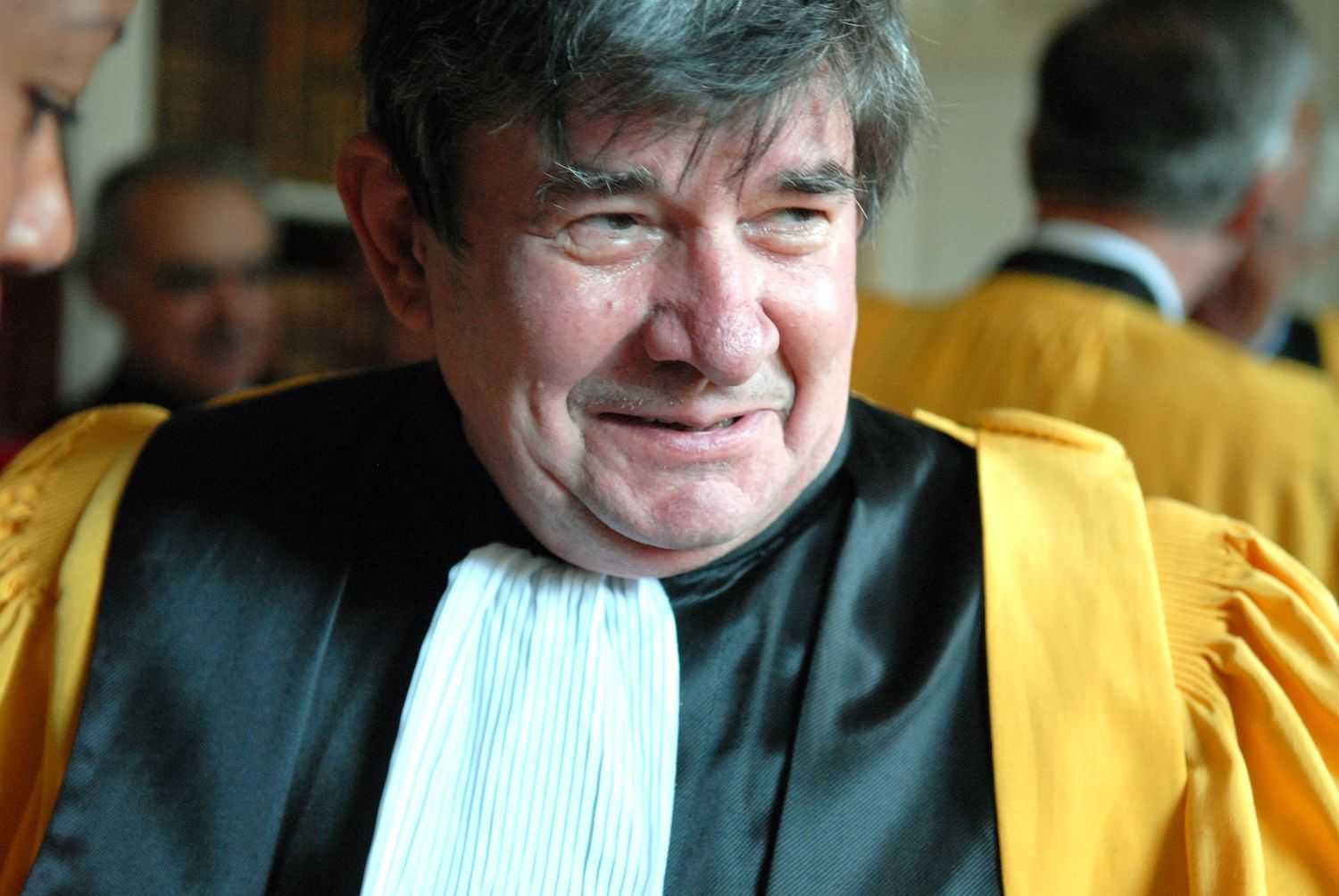Home>Passing of Jean-Pierre Azéma

16.07.2025
Passing of Jean-Pierre Azéma
It is with deep sadness that we announce the passing of Jean-Pierre Azéma, historian and professor at Sciences Po, who died on Monday, 14 July 2025, in his eighty-seventh year.
Alongside Serge Berstein, Jean-Noël Jeanneney, Pierre Milza, and Michel Winock, Jean-Pierre Azéma was one of the founding members of the group of historians at Sciences Po who, under the benevolent guidance of René Rémond, brought together scholars of contemporary history with a particular focus on modern political developments.
A specialist in the Second World War, the Occupation, the Resistance and the Vichy regime, he established himself from the 1970s onwards as one of France’s foremost experts on the period. He authored numerous landmark publications — including De Munich à la Libération, 1938–1944 (Seuil, 1979) and Jean Moulin: Le politique, le rebelle, le résistant (Perrin, 2003) — and contributed to major collective volumes such as Vichy et les Français (Fayard, 1992).
After teaching in secondary education, notably at the Lycées Lakanal and Henri IV, Jean-Pierre Azéma joined Sciences Po in 1973 as an assistant professor. There, he rejoined Serge Berstein and Pierre Milza, who had arrived a few years earlier, and was later followed by his lifelong friend and former schoolmate Michel Winock. A few years later, he was promoted to full professor – among the very first in the field of history at Sciences Po.
Over the course of thirty-five years, Jean-Pierre Azéma taught with unwavering dedication and intellectual rigour across all levels of instruction at Sciences Po. As lecturer of the first-year general history course, he trained and inspired generations of students in the “année préparatoire” (undergraduate programme), his deep erudition and colourful temperament leaving a lasting impression.
He was also a key figure in Sciences Po’s graduate programme in history, mentoring numerous master’s and doctoral students with both generosity and high standards (among them Alya Aglan, Anne Simonin, Guillaume Piketty, and Florent Brayard).
“In history, you need the real stuff,” (by which he meant sources), he would often remind his students, regardless of their level — as recalled by historian Nicolas Offenstadt, one of his former undergraduate and postgraduate students.
A committed member of the academic community, Jean-Pierre Azéma also served the institution in other capacities. For over a decade, he co-chaired Sciences Po’s Joint Committee, a university body established in the wake of May 1968, bringing together faculty and students in equal numbers — the forerunner of today's Student Life and Education Committee (CVEF). In this role, he played a vital part in mediating between interests, always with integrity and without demagoguery.
Beyond Sciences Po, his scholarly reputation led to frequent public engagement. He was notably cited by the civil parties during the Maurice Papon trial. He also brought historical insight to wider audiences through his contributions to L’Histoire magazine, his collaboration with Claude Chabrol on the documentary L’œil de Vichy, and his role as historical advisor for the acclaimed television series Un village français.
For years, students, faculty, and staff at Sciences Po encountered the instantly recognisable figure of Jean-Pierre Azéma — often distinguished by his trademark scarf, long a vivid red, which never left his neck. Many will retain the memory of a professor whose mischievous gaze and intellectual passion brought history vividly to life.
Our thoughts are with his family, his loved ones, and all those at Sciences Po who knew, respected, and loved him.
(credits: Jérome Vila - agence Contextes)